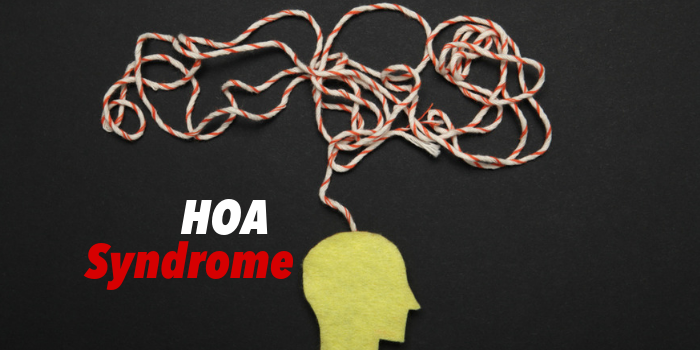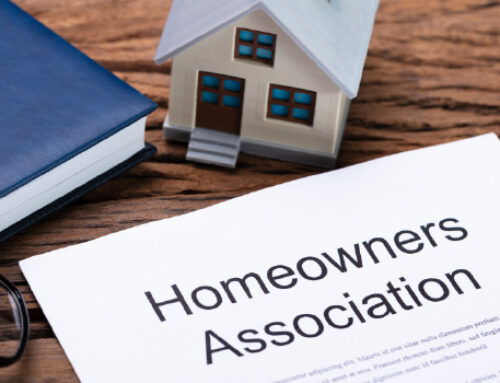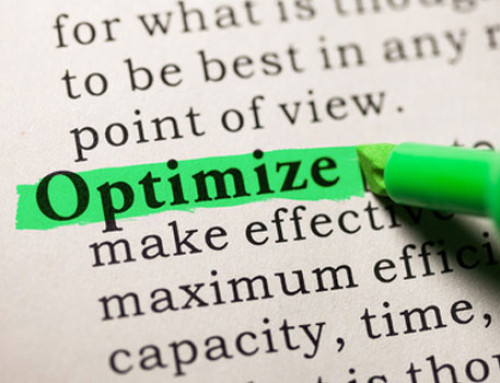It’s not unusual to hear of strange, rare, and even offbeat syndromes in the medical and psychological world, but in the homeowners’ association realm, it seems even more unique. While “Alice in Wonderland Syndrome” (the rare condition of temporary episodes of distorted perception of one’s body size) may be accepted, what about “HOA Syndrome”? Is that even a real thing? What does it mean?
HOA Syndrome: How it Got Its Name
Dr. Gary Solomon, a tenured psychology professor at the College of Southern Nevada, noticed residents in his community exhibited signs of anxiousness, worry, irritation, and other symptoms. He became aware that homeowners in his neighborhood were trying to control other homeowners in the neighborhood out of spite, or for gain.
It wasn’t long before Dr. Solomon discovered a new diagnosable psychiatric disorder he dubbed “HOA Syndrome”. While it’s rare to find an HOA that’s as hostile as the one described above, some of the restrictions set forth by HOAs can cause residents to feel a variety of unpleasant emotions from time-to-time.
Is HOA Syndrome a Real Diagnosis?
When you first hear about this syndrome, you’re likely to ask yourself if HOA Syndrome is even a real condition. According to Dr. Solomon, it is!
A syndrome is defined as a group of symptoms that coexist and characterize a specific condition. Under this definition, HOA Syndrome could indeed be a real disorder.
However, some people may argue that this syndrome is relative to other syndromes, such as Spiderman Syndrome (when an individual offers unsolicited help, makes a mess, then flees the scene), Cookie Monster Syndrome (when an individual devours all food in sight, like Sesame Street’s Cookie Monster devours cookies), or Apple Syndrome (when an individual purchases Apple products, whether needed or not – at any price tag – in order to have the newest product available).
Symptoms of HOA Syndrome
Anxiety, worry, and irritation aren’t the only symptoms of HOA Syndrome. According to Dr. Solomon, a person with HOA Syndrome may experience any or all the following symptoms:
- depression
- fatigue
- paranoia
- restlessness
- fear of going to their mailbox
- stress
- fear of allowing their children to play in the neighborhood
- unhappiness in their own home
- fear of their car being towed
- reflux
- grinding of their teeth and/or TMJ
- memory loss
- hypervigilance
- obsessive rumination
Why HOA Syndrome Doesn’t Have to Be an Issue
It’s unfortunate that anyone would have to live in a community where they experience symptoms such as those defined under HOA Syndrome. As mentioned above, this type of HOA environment is rare, as it has been found that most residents really do enjoy living in an HOA!
What’s important to remember is that the HOA exists for the benefit of all residents. The HOA’s purpose is to keep neighborhoods aesthetically maintained, property values high, and ensure that the community is a favorable place for owners to call home.
While not everyone agrees on specific rules and regulations, the great thing about an HOA is that it’s run by neighbors, for neighbors. If homeowners feel strongly enough about how things are run (or not run) in their community, they have the power to enact change. By serving and playing a part in your community’s management (whether by volunteering to serve on the board or a through community committee), one can make it a better place for everyone!







